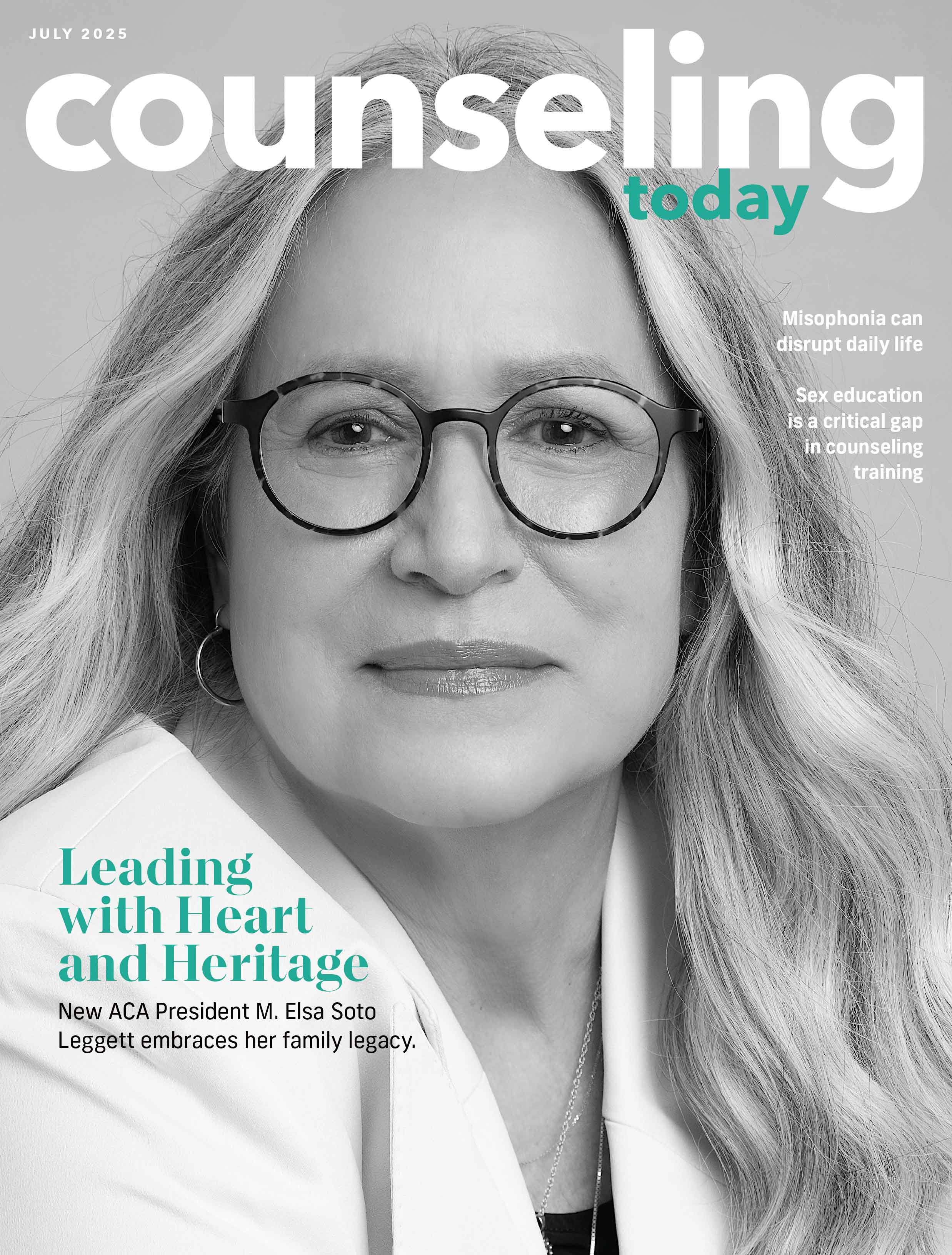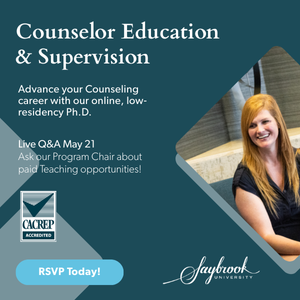Explore Counseling Today Articles
ACA and SAIGE co-host webinar on LGBTQ+ advocacy and allyship
Jun 27, 2023, 00:00 AM
Title :
ACA and SAIGE co-host webinar on LGBTQ+ advocacy and allyship
By line :
On June 7, the American Counseling Association and Society for Sexual, Affectional, Intersex, and Gender Expansive Identities co-hosted a webinar, Speaking in Support of LGBTQ+ People Through Advocacy and Allyship, on how counselors can support LGBTQ+ clients.
Dominique Marsalek, ACA’s state government affairs manager, began the webinar by introducing some of ACA’s legislative priorities for the year and discussing two types of advocacy counselors can use to support queer clientele:
Samantha Cooper is a staff writer for Counseling Today. Contact her at scooper@counseling.org.
Opinions expressed and statements made in articles appearing on CT Online should not be assumed to represent the opinions of the editors or policies of the American Counseling Association.
- Issue advocacy promotes a particular position supported by interest groups and focuses on policies that could affect this position (such as gender-affirming care) on all levels.
- Legislative advocacy involves acting to support or discourage the passage of a certain kind of legislation.
Samantha Cooper is a staff writer for Counseling Today. Contact her at scooper@counseling.org.
Opinions expressed and statements made in articles appearing on CT Online should not be assumed to represent the opinions of the editors or policies of the American Counseling Association.
Department :
Categories :
- Cultural Identities, Multiculturalism & Diversity
- LGBTQ+
Tags :
audiences :
Contributors
Search CT Articles
Filter CT Articles
Current Issue
Sign Up for Updates
Keep up to date on the latest in counseling practice. Sign up to receive email updates from Counseling Today.



